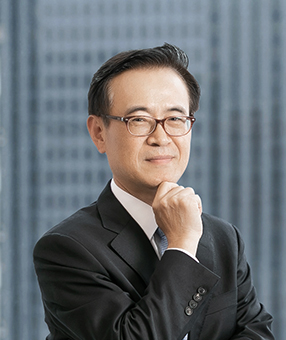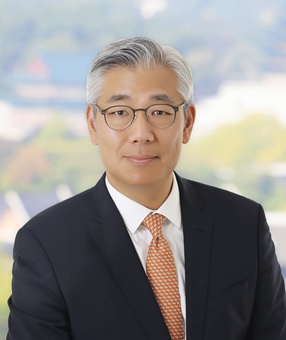Labor initiatives can be pursued through legislative and policy measures. With the opposition party and its allies’ win in the April 10 general election, it has become more difficult for the government to implement its labor reform initiatives through legislative action. We expect the government to continue pursuing its labor reform initiatives but this effort will in most part be restricted to policy measures that do not require engagement of the legislature. For example, we expect the government to utilize its labor audit authority to focus on key labor issues, such as misuse/abuse of the comprehensive wage system, nonpayment of wage, unfair labor practice, illegalities in union operations and workplace harassment. The government will also focus on the enforcement of the Serious Accidents Punishment Act through regular audits to ensure that companies are conducting proper risk assessments to reduce the number of major accidents.
The opposition Democratic Party and its allies have consolidated their status as the parliamentary majority for the next four years and are expected to pursue various legislative actions to enhance their own labor initiatives. Previously, an amendment to the Trade Union and Labor Relations Adjustment Act (i.e., the so-called “Yellow Envelope Act”) expanding the definition of “employer” to include principal companies in this context (thereby imposing on the principal company the obligation to bargain with subcontractor unions) and limiting the civil damage liability of unions was passed at the National Assembly but was vetoed by President Yoon Suk Yeol in December 2023. The liberal bloc is expected to reintroduce this Yellow Envelope Act to the National Assembly for legislation. An amendment to the Labor Standards Act (the “LSA”) obligating companies to measure and keep track of the actual working hours of employees and prohibiting the comprehensive wage system may also be pursued. We also expect to see efforts to legislate the principle of same pay for same value work for the protection of all types of workers, including irregular workers, subcontractor workers, platform workers and special type workers. Automatic succession of subcontractor workers in case the principle company changes the subcontractor is another issue that is expected to be discussed at the National Assembly, as well as the necessary statutory amendments to grant employee status under the LSA to platform workers and special type workers.
This general election also confirmed that Korea is very interested in retirement age extension. The ruling People Power Party wants to maintain the current statutory retirement age of 60 and provide rehiring opportunities after retirement. However, the Democratic Party and its allies want gradual extension of the statutory retirement age. Seniority based compensation was prevalent in Korea in 2016 when the statutory retirement age of 60 was introduced and this continues to be the case. In 2016, the country experienced intense struggles between labor and management on the increased labor costs from the statutory retirement age and the introduction of the wage peak system. We expect to see active social discussions on extending the statutory retirement age. Employers will have to continue their efforts to move away from a seniority based compensation system to a performance based system and develop more roles and responsibilities for aged employees.








